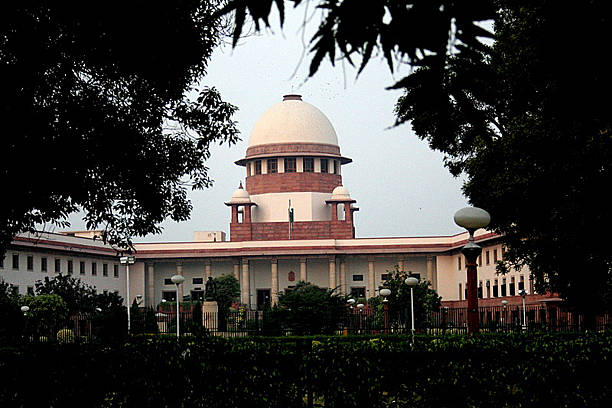
The Supreme Court in the case BSES Rajdhani Power Ltd. vs Delhi Electricity Regulatory Commission observed and has held that it is not permissible to amend the tariff order made under Section 64 of the Electricity Act, 2003, during the ‘truing up’ exercise.
The bench comprising of Justice S. Abdul Nazeer and Justice Krishna Murari observed and has held while disposing appeals filed by BSES Rajdhani Power Ltd. and BSES Yamuna Power Ltd. against the judgment of the Appellate Tribunal for the Electricity. In the appeal, one of the substantial questions raised was whether it is permissible to amend the tariff order made under Section 64 of the 2003 Act during the ‘truing up’ exercise? The appellants (who are are Distribution Licensees) challenged certain findings of the Delhi Electricity Regulatory Commission (‘DERC’) in the Tariff Order dated 26.08.2012 for Truing Up of financials for FY 2008-09 and FY 2009-10 and Aggregate Revenue Requirement (‘ARR’) for FY 2011 -2012.
The court stated that ‘Truing up’ is the adjustment of actual amounts incurred by the Licensee against the projected/estimated amounts determined under the d Aggregate Revenue Requirement (ARR).
The Counsel, Senior Advocates Arvind P. Dattar and Dhruv Mehta, appearing for the appellants, contended that Regulator cannot ‘change the rules of the game after it has begun’ in the ‘truing up exercise and that the tariff order is in the nature of a quasijudicial determination and that in the guise of truing up, a tariff order cannot be amend by the DERC. Nikhil Nayyar, Senior Advocate who determination exercise is the process of ‘truing up’.
The court observed that ‘truing up’ stage is not an opportunity for the DERC to rethink de novo on the basic principles, premises and issues involved in the initial projections of the revenue requirement of the licensee. Thus, ‘Truing up’ exercise cannot be done to retrospectively change the principles/methodology of tariff determination and reopening the original tariff determination order thereby setting the tariff determination process to a naught at ‘true up’ stage.
Further, the court observed that the revision or redetermination of the tariff already determined by DERC on the pretext of prudence check and truing up would amount to amendment of the tariff order, which can only be done only as per the provisions of sub-Section (6) of Section 64 of the 2003 Act within the period for which the Tariff Order was applicable. The court is of the view that DERC cannot amend the tariff order for the period 01.04.2008 to 31.03.2010 in the guise of ‘true up’ after the relevant financial year is over and the same is being replaced by a subsequent tariff Order. The same would amount to a retrospective revision of tariff when the relevant period for such tariff order is already over. However, the court hold that it is not permissible to amend the tariff order made under Section 64 of the 2003 Act during the ‘truing up’ exercise.”
Accordingly, the bench then answered the issues raised in this appeal based on the above answer to the substantial question of law.
The post Supreme Court: Electricity Act – Not Permissible To Amend Tariff Order During ‘Truing Up’ Exercise appeared first on The Daily Guardian.




